We all deserve a holiday every now and again. And when you do find the time to take one, you don’t want to be stressing about what you’ve left behind the entire time – this includes your house.
Whether you are going away for a few days or a few weeks, there are a couple of things you can do to help keep your home safe while on holiday.
This will help ensure your peace of mind so you can enjoy your time off. Here are some helpful tips to take heed of.
Install a Security System
Home security systems have a very specific purpose: to deter criminals from breaking into or vandalising your home (and in some cases, help police catch them if they do).
There are lots of options to choose from, depending on what level of security you are looking for, the size and layout of your property and your budget. These range from security lighting that scares criminals off by illuminating vulnerable areas, to alarms that sound when a sensor is triggered (these can be monitored by a security service that contacts police when the alarm is tripped), to home video surveillance. If you can any queries about installing a security system, please don’t hesitate to get in touch.
Put Fresh Batteries In Your Smoke Alarms
Smoke alarms consume a minimal amount of power and can last years on a single set of batteries. But, as we’re sure you know, they do die, and you don’t want this happening when you’re on holiday. Change your batteries before you leave. It’s also a good idea to test the alarms before you leave to ensure they are working (all alarms have a test button).
Tell Your Neighbours You Are Leaving
In the event of a fire alarm or security alarm going off, your neighbours are your best bet for a quick response from authorities, so be sure to tell them when you are leaving and when you are getting back. If you are going away for a week or more, it is also a good idea to ask a neighbour to pick up your mail for you. Nothing screams “empty house!” like a pile of uncollected mail.
Leave a Light On
As effective as security lighting can be, it simply isn’t as convincing that somebody is home as if a light is on the inside, so consider leaving some on in prominent areas that are visible from a street or access point. However, make sure these are far away from combustibles such as curtains. Front hallway or kitchen lights are good choices. You can also install timers on lights so that they switch on and off at specific intervals. For somebody observing a house, this may give the impression that somebody is home.
Take Your Spare Key With You
If you have a spare key outside your home, take it with you or place it inside (or in a hard to access location). If a criminal knows you are not home, they can take more time to explore the obvious spots and find your key, allowing them easy access.
Open Curtains (But Be Careful)
Closed curtains are a telltale sign that nobody is home, so be sure to leave some open to deter criminals. However, if you do, make sure that you take a moment to check that you can’t see any valuables (such as computers or TVs) on the street.
Comings and Goings
Ask a neighbour or close friend if they can come by and check on your home regularly. By doing so you can cover a few of the bases mentioned above (such as picking up mail). You can also ask them to do a quick clean up of your front porch or other areas that may have become messy while you’ve been away to further give the impression of a lived-in home. They can also give your house a quick once-over to make sure there isn’t anything glaring dangerous.
Switch Off Any Unused Powerpoints
Be sure to switch off power points that aren’t being used around your house (this should be most of them) to protect them from power surges. This will also save you money while you’re away as these still consume power even if they are not in use.
BONUS: What To Consider When Installing CCTV Cameras to Keep your Home Safe
There are lots of effective security systems that can help protect your home from criminal intrusions – from alarms to security lighting. However, the problem with these systems is that if you are not home, they give the assailant plenty of time to steal your valuables and make an escape. Without any evidence, police will usually be unable to help retrieve what you have lost. This is where CCTV footage can be hugely useful.
With video footage available, their chances of catching securing enough evidence to catch your thief are much higher. CCTV has other uses too.
For one, they are a huge deterrent for criminals. If they are monitored by a security service the cameras can give a clear vision of what is happening, this can be relayed to police accordingly (this helps reduce the number of false alarms). Here are some things to consider when installing CCTV cameras in your home. If you have any questions about security installations or would like a quote, please don’t hesitate to get in touch.
DIY or Working With a Professional
These days there is a plethora of options for CCTV, with a wide variety of configurations and prices available. Some of these can be installed quite easily, and are sold as DIY systems. However, we recommend hiring a professional for the job. They will know how to install the system flawlessly and optimise it for maximum effectiveness. This will also save you time and money in the long run by eliminating any chance of maintenance being required further down the track.
Type of CCTV Camera
As mentioned, there are lots of CCTV options available. These will either be wireless or hardwired. Wireless systems are common, however, they are somewhat limited in terms of what you can do with them. Fully-functioning CCTV systems are usually hardwired. These are more difficult to set up but offer higher security levels.
Here are some of the most common types of CCTV cameras:
Bullet Camera
These are cylindrical in shape and longer than some other types. They are best for applications that require long-distance surveillance. They are sturdy and provide a high-quality image.
Dome Camera
As the name suggests, the cameras are housed in dome-shaped enclosures. They are very sturdy and because they appear to be omnidirectional, they are great at deterring criminals.
PTZ Camera
PTZ is short for point-tilt-zoom, alluding to how the can be panned left to right, or tilted up or down. They are suitable in homes that require live monitoring of video feeds.
What Features Do You Want or Need?
There is a range of features you may want in your CCTV system. Some of the most useful ones include:
Wide-angle lenses
If you want your camera to capture a wide area, but do not want or need a PTZ system, getting a camera with a wide-angle lens is a good idea.
Motion detection
Some cameras are only activated when they sense motion. When a sensor is triggered it will start a recording, and send an alert to you or a monitor service.
Infrared technology
Infrared technology allows your camera to capture images in the dark.
App integration
Many cameras are app-integrated, which allows you to monitor your system from your mobile, tablet, or computer.
Storage
There are different storage options available, including SD cards, hard disks and cloud storage.
High definition
Different cameras offer different output resolutions. The more pixels, the better the definition of the image.
Location
Once you’ve chosen your CCTV system, the next thing to consider is where you are going to place them. This may depend on what kind of camera(s) you have installed. For example, larger cameras may be more effective when they are highly visible, whereas smaller cameras may be better suited to more discreet areas where they give a better visual. Overall, CCTV cameras should be placed in areas that are vulnerable to criminal attack, that gives a clear visual of entry points, and that can be easily seen by would-be criminals.
Conclusion
With over 9 years of experience under our belt, we pride ourselves on providing electrical services of the highest quality. If you’re looking for a quote, get in touch with us today.


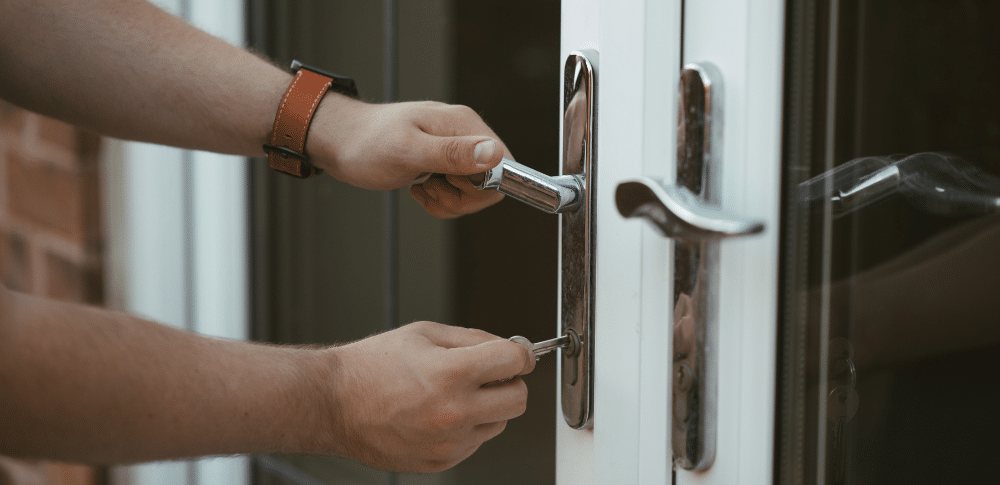
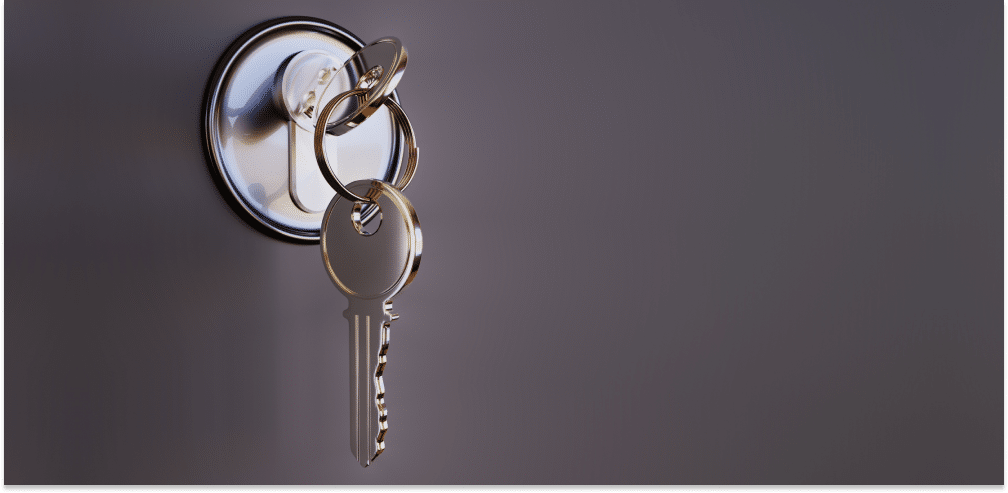
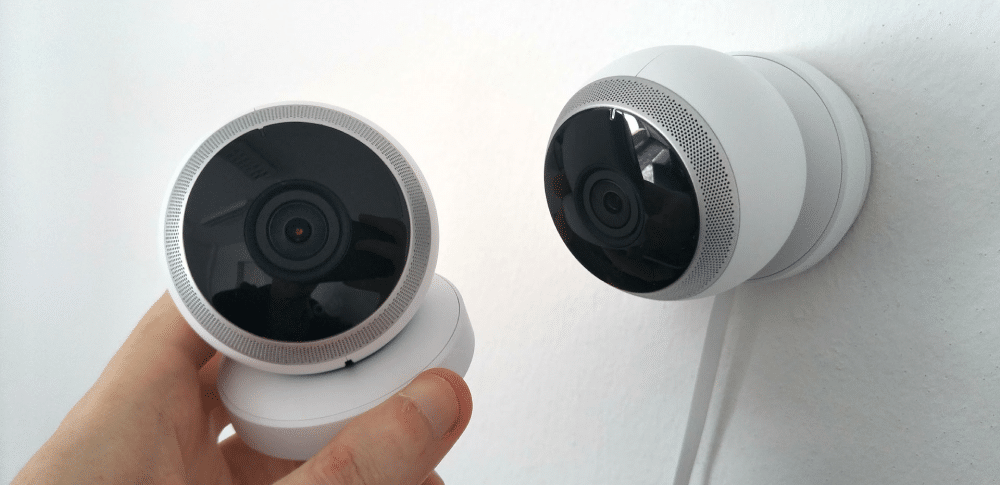
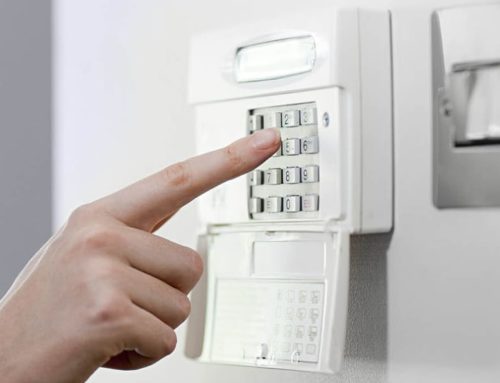
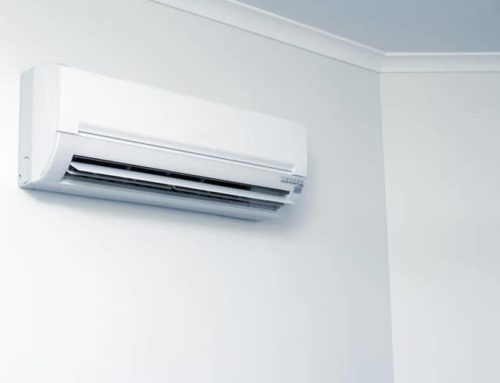
![How Much Does A Home Security System Cost In Sydney? [2024 Price Breakdown]](https://hunterconair.com.au/wp-content/uploads/2021/10/How-much-does-a-home-security-system-cost-500x383.jpg)